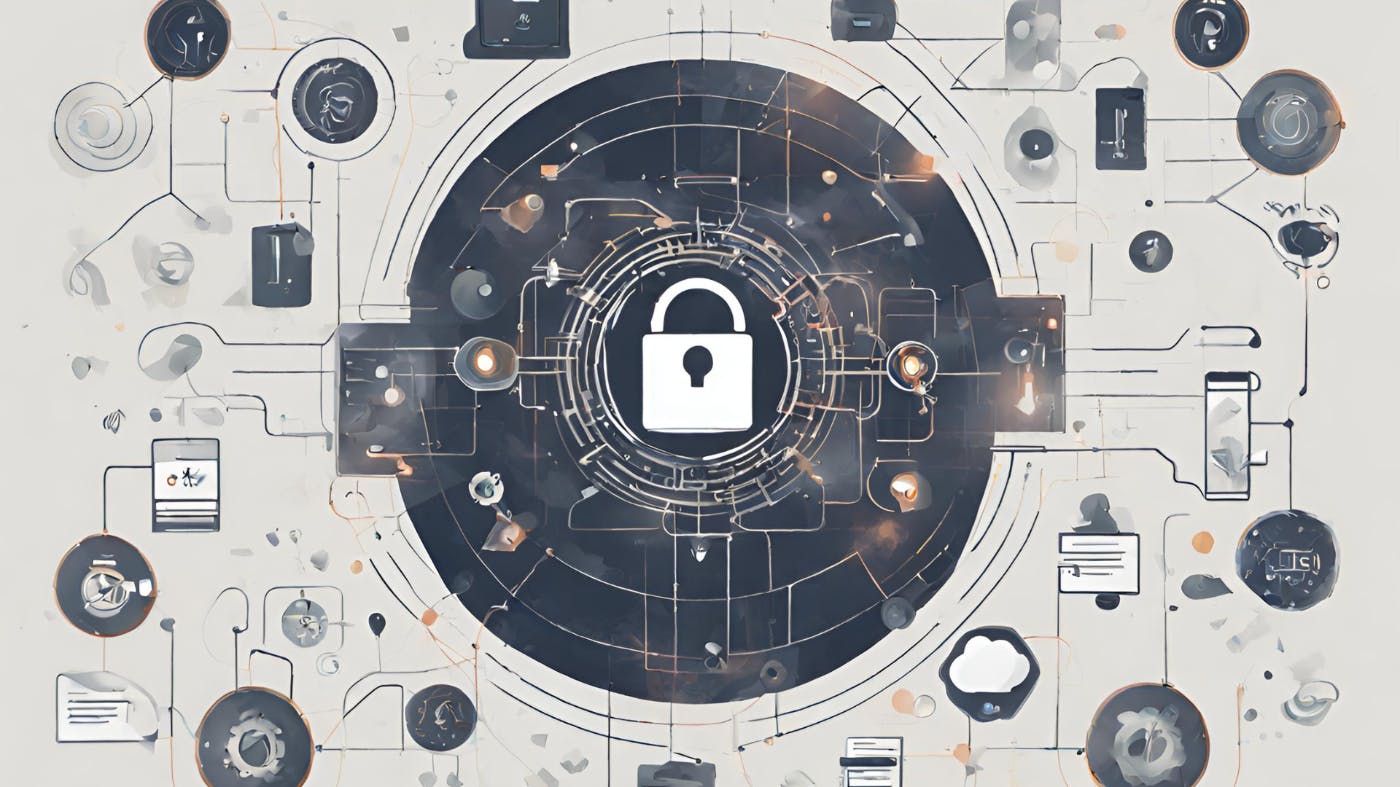223 reads
Unveiling the Intricacies of Zero-Knowledge Proofs and Their Varied Implementations
by
November 10th, 2023
Audio Presented by

I'm Stanley Sajere, a pro in InfoSec, Education, and Web Dev, passionate about innovation in these fields
About Author
I'm Stanley Sajere, a pro in InfoSec, Education, and Web Dev, passionate about innovation in these fields
